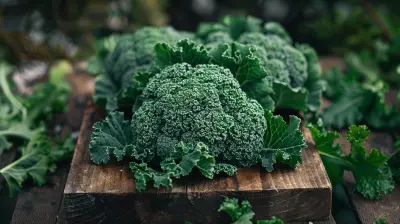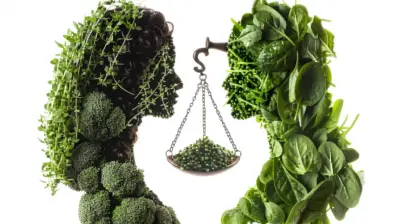How to Support Your Digestive Health During Menopause
26 June 2025
Menopause is one of life’s biggest transitions, bringing a whirlwind of changes—hot flashes, mood swings, and yes, digestive issues too. Many women aren't prepared for how menopause affects the gut, but hormones play a massive role in digestion.
If you’ve been feeling bloated, constipated, or just not quite right in your gut, you're not alone. The good news? You can take control of your digestive health and feel better in your body.
Let’s dive into why menopause messes with your digestion and—more importantly—what you can do about it! 
Why Does Menopause Affect Digestion?
Before we talk solutions, let’s first understand the problem. Hormones, especially estrogen and progesterone, influence nearly every body system—including your gut.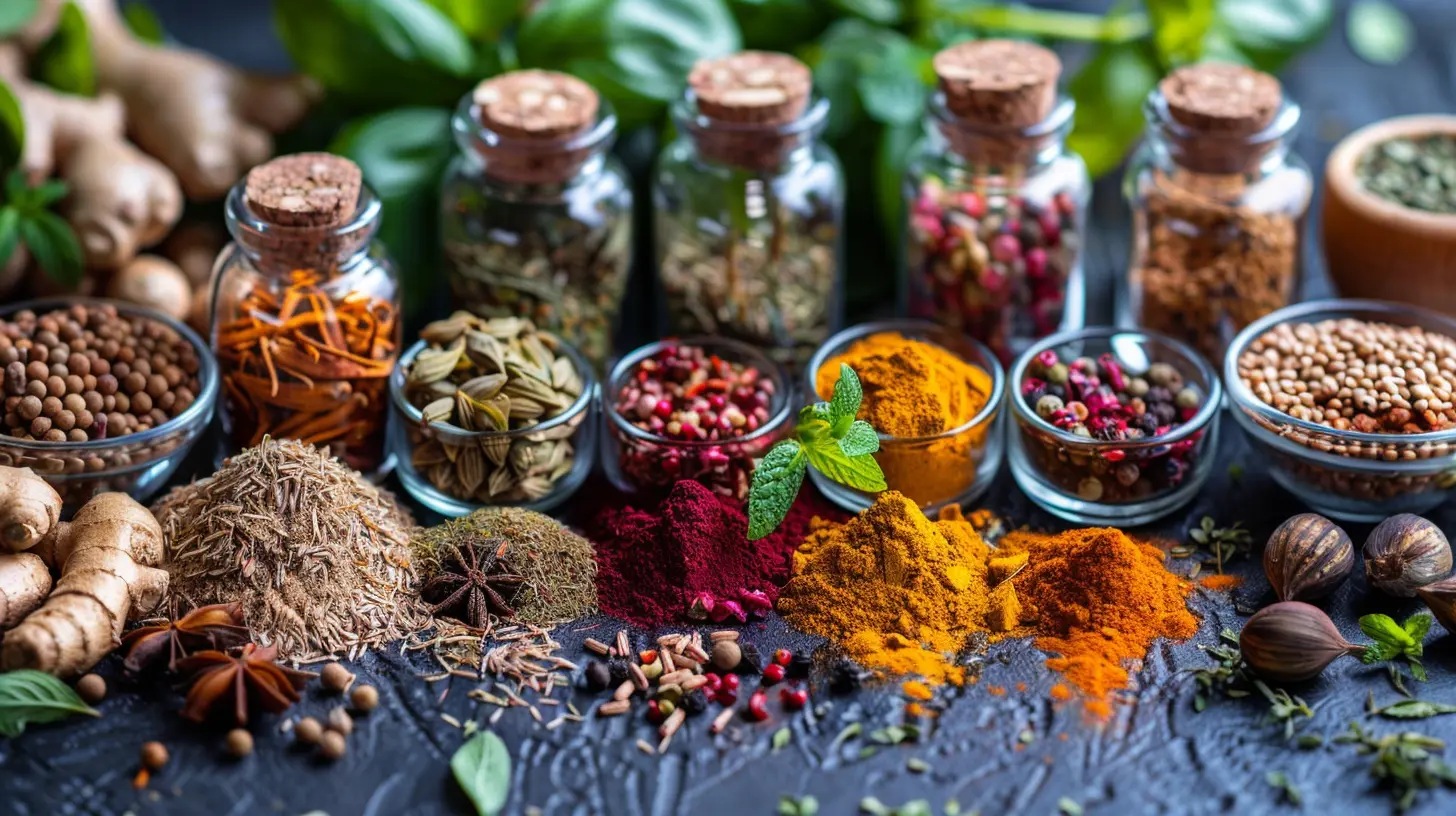
1. Lower Estrogen Slows Digestion
Estrogen helps keep things moving in your digestive tract. But when estrogen declines during menopause, digestion can slow down, leading to constipation and bloating.2. Progesterone Relaxes Muscles (Sometimes Too Much!)
Progesterone has a relaxing effect on muscles, including those in your intestines. While that sounds great, too much relaxation can lead to sluggish bowels and food sitting in your stomach longer than it should.3. Gut Microbiome Imbalance
Your gut is filled with trillions of bacteria that help digest food and keep you healthy. Well, guess what? Menopause can shift the balance of those bacteria, causing bloating, gas, and changes in bowel habits.4. Increased Stress and Cortisol
Menopause is often a stressful time (thanks again, hormones!). Unfortunately, stress increases cortisol levels, which can throw digestion out of whack, leading to acid reflux, irritable bowel-like symptoms, and discomfort after meals.5. Slower Metabolism
As metabolism dips during menopause, the body burns calories more slowly, which might contribute to weight gain and sluggish digestion.Now that we know what’s going on, let’s talk about how to fix it! 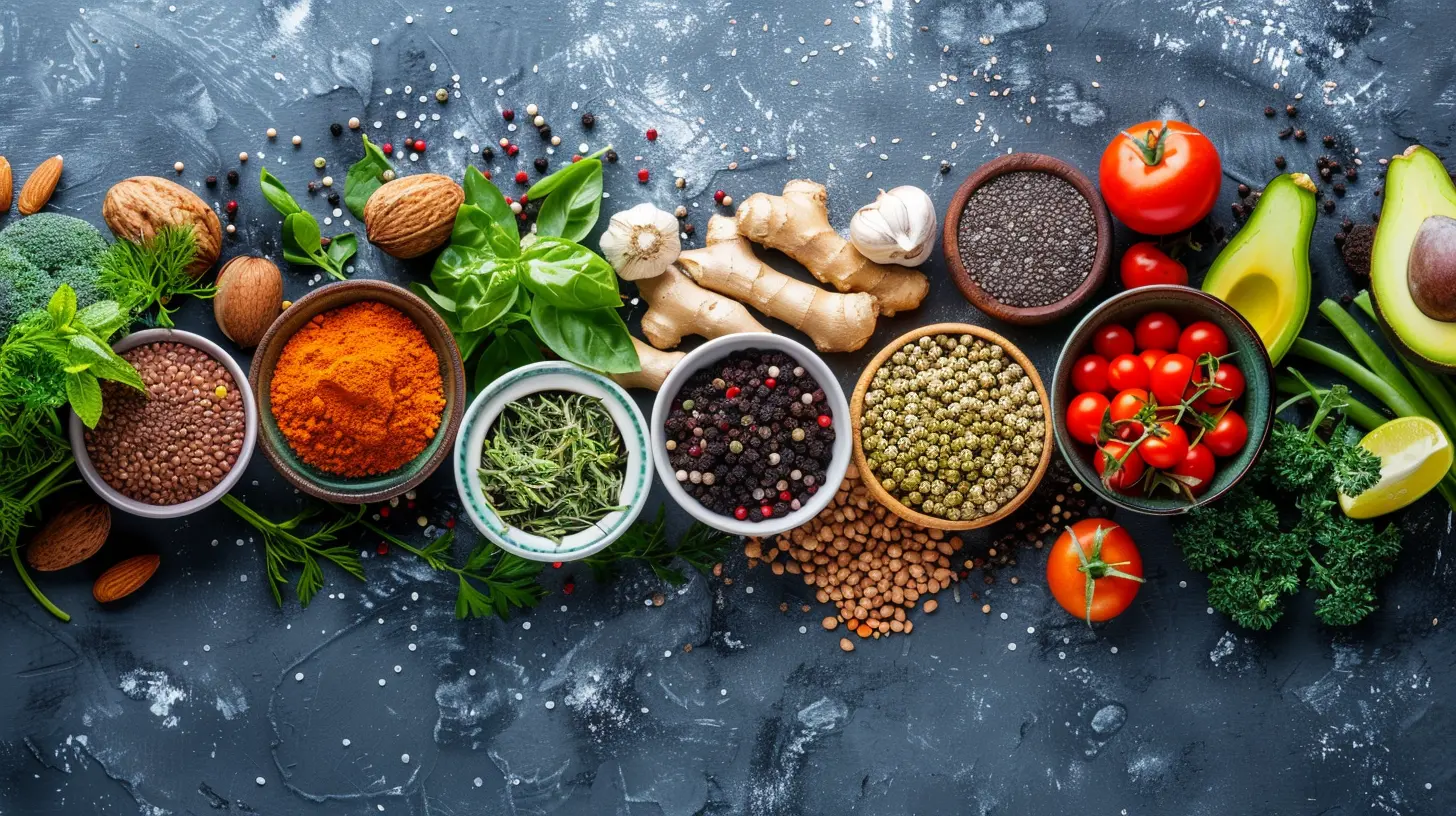
How to Improve Digestion During Menopause
1. Prioritize Fiber for a Happy Gut
Fiber is your digestive system’s best friend. It keeps everything moving smoothly and prevents constipation.Best Sources of Fiber:
- Whole grains (oatmeal, brown rice, quinoa)- Fruits (berries, apples, pears)
- Vegetables (broccoli, leafy greens, carrots)
- Legumes (beans, lentils, chickpeas)
- Nuts and seeds (flaxseeds, chia seeds, almonds)
A simple trick? Start your day with a fiber-rich breakfast, like oatmeal topped with chia seeds and berries.
2. Stay Hydrated—Your Gut Needs Water!
Dehydration makes constipation worse. You need plenty of water to help fiber work its magic.Here’s an easy rule: Drink at least 8 glasses of water a day, or more if you're drinking coffee or sweating a lot. Herbal teas like peppermint or ginger tea can also soothe digestion.
3. Eat More Probiotics and Prebiotics
Probiotics and prebiotics are essential for keeping your gut bacteria balanced.Probiotic Foods (Good Bacteria):
- Yogurt (look for "live and active cultures")- Kefir
- Sauerkraut
- Kimchi
- Miso
- Kombucha
Prebiotic Foods (Feed the Good Bacteria):
- Garlic- Onions
- Bananas
- Asparagus
- Leeks
Think of probiotics as the "good guys" and prebiotics as their food source!
4. Chew Your Food Slowly
Ever rush through a meal and feel bloated afterward? That’s because digestion starts in your mouth. Chewing food thoroughly reduces strain on your stomach and helps prevent gas and bloating.Try this: Put down your fork between bites and chew each bite at least 15-20 times before swallowing.
5. Reduce Processed Foods and Sugar
Processed foods, especially those high in sugar and unhealthy fats, can disrupt gut bacteria, slow digestion, and increase inflammation.Focus on whole, natural foods—and save the sweets for special occasions. Your gut will thank you!
6. Manage Stress (Because It Affects Digestion!)
Stress and digestion don’t mix. Ever had a nervous stomach before a big event? That’s cortisol at work. Chronic stress can slow digestion and lead to bloating, cramping, and discomfort.Simple Ways to Lower Stress:
- Deep breathing exercises- Yoga or gentle stretching
- Meditation (even 5 minutes a day helps!)
- Walking in nature
- Doing something you love (reading, crafting, listening to music)
Try this: Before meals, take a few deep breaths to relax your body and prepare for better digestion.
7. Move Your Body Daily
Exercise isn’t just for weight loss—it’s also essential for digestion. Movement helps stimulate the digestive system and can prevent constipation.Great Exercises for Gut Health:
- Walking (even just 20 minutes after a meal helps!)- Yoga (especially twists and poses that massage the intestines)
- Swimming
- Dancing
- Cycling
Find something you enjoy, and make it part of your routine. Your gut (and mood) will improve!
8. Limit Caffeine and Alcohol
Caffeine and alcohol can be hard on digestion, especially if you're dealing with acid reflux or bloating. While you don’t need to cut them out completely, try to limit them and see how your body responds.Consider switching to herbal teas or decaf options to give your gut a break.
9. Listen to Your Body
This might be the most important tip of all—pay attention to how foods make you feel. Some women find that dairy, gluten, or certain vegetables trigger bloating or discomfort during menopause.Keep a food journal to track what works (and what doesn’t) for your body.
10. Support Digestion with Supplements (If Needed)
Sometimes, even with the best diet, your digestion might need a little extra help.Helpful Supplements for Digestion:
- Probiotics – Support healthy gut bacteria- Digestive Enzymes – Help break down food
- Magnesium – Can relieve constipation
- Ginger or Peppermint Capsules – Aid digestion and reduce bloating
Always check with your doctor before starting new supplements! 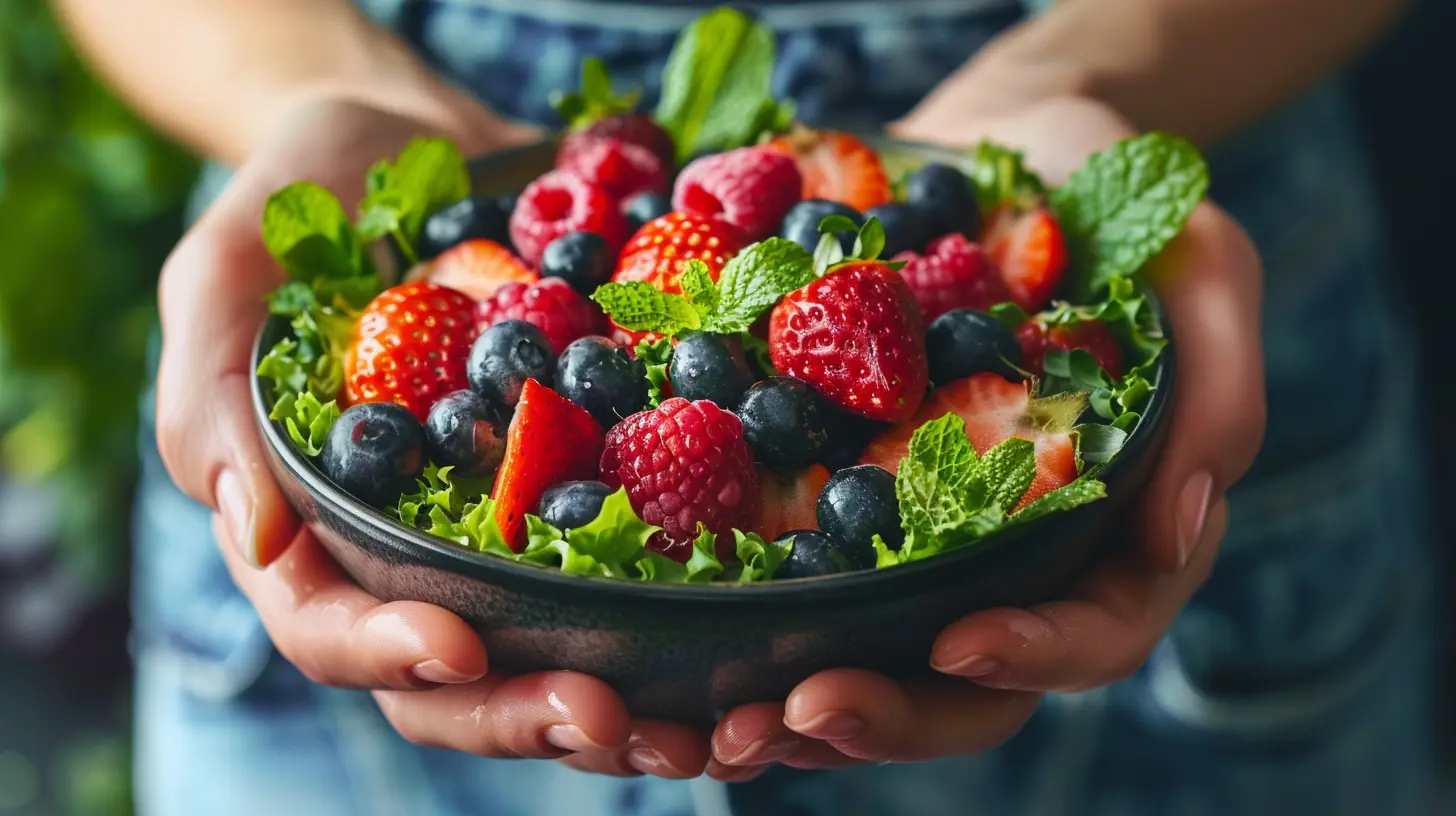
Final Thoughts
Menopause doesn’t have to mean digestive discomfort. By making simple lifestyle changes—eating fiber-rich foods, staying hydrated, managing stress, and moving daily—you can keep your gut happy and healthy.Remember, your body is going through a transition, so be patient with yourself. Small, consistent changes can lead to big improvements in how you feel.
Take care of your gut, and it’ll take care of you!
all images in this post were generated using AI tools
Category:
Womens HealthAuthor:

Jackson Mahoney
Discussion
rate this article
1 comments
Maya McKinley
Essential insights for balance.
July 1, 2025 at 3:53 AM

Jackson Mahoney
Thank you! I'm glad you found the insights valuable for maintaining balance during this important transition.

